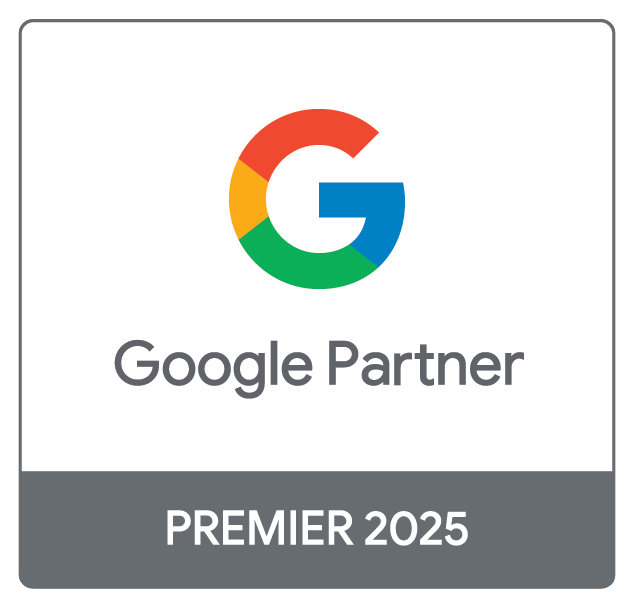What Is Natural Language Search?
Natural language search (NLS) is a search using natural regular spoken language, such as English. In neuropsychology, linguistics and the philosophy of language, a natural language or ordinary language is any language that has evolved naturally in humans through use and repetition without conscious planning or premeditation. Using this type of search, you can ask a question or you can type in a sentence that describes the information you are looking for.
What Is Natural Language Processing?
Natural language processing (NLP), as you would’ve probably guessed, is the interaction between computers and human language. This process helps to extract and convert the unstructured language data into a form that computers can understand. This is, of course, not an exact science, hence why you hear it so many times: ‘sorry, I didn’t get that’ and then you rephrase your request and you get your desired result.
Voice search is now quite a big part of the overall search traffic, with 27% of the global online population using voice search on mobile devices.62% of those who regularly use a voice-activated speaker say they are likely to buy something through their voice-activated speaker the next month, and 44% of those who regularly use a voice-activated speaker say they order products they need at least once a week. (source: Think with Google)
Difference Between NLS and Keyword Search
Unlike NLS, keywords are specific words that help define and narrow down what can sometimes be a complex query. It tends to make it a lot easier for you to find what you’re looking for.
NLS lets the user speak or type in the query in their everyday language and then the machine will transform it into something it can understand. Is this any better than a keyword search? It really does depend on what it is that you are looking for, but a keyword search, at least for now, would still be the king when it comes to finding relevant results for what you’re looking for.
NLS From a Paid Marketing Perspective
Now, when it comes to NLS and Google Ads, it can get a bit tricky. Will optimising for NLS work for everyone? Unlikely. But can we potentially get more and better conversions from it? Yes, we can definitely convert for queries we weren’t converting for before and are relevant. This is why I’m a big fan of DSAs (Dynamic Search Ads) - not only are they easy to implement and you don’t get a headache trying to come up with relevant yet authentic ad copies, but it’s such an easy way to capture so much more traffic than you would with your standard ads. Of course, you can and will get your ads appear in searches that are not necessarily relevant to what your business offers, so you do need to keep a close eye on it. However, it’s probably one of the best ways to understand what consumers are searching for and what makes them convert.
Not a fan of DSAs? Take the plunge and go for broad match keywords. I’m not a fan - like, I’m really not a fan - but I did that for one of the campaigns I’m currently working on (of course, alongside other changes which I won’t disclose in this post because hey, I still like to keep some secrets!) and since then the leads have increased dramatically, with my conversion rate going up by 151% and CPA decreasing by 65%. Would I take the same approach for every other campaign for a completely different business? It’s very dependable on what each business offers so you can make your own judgement based on what your clients are offering.
